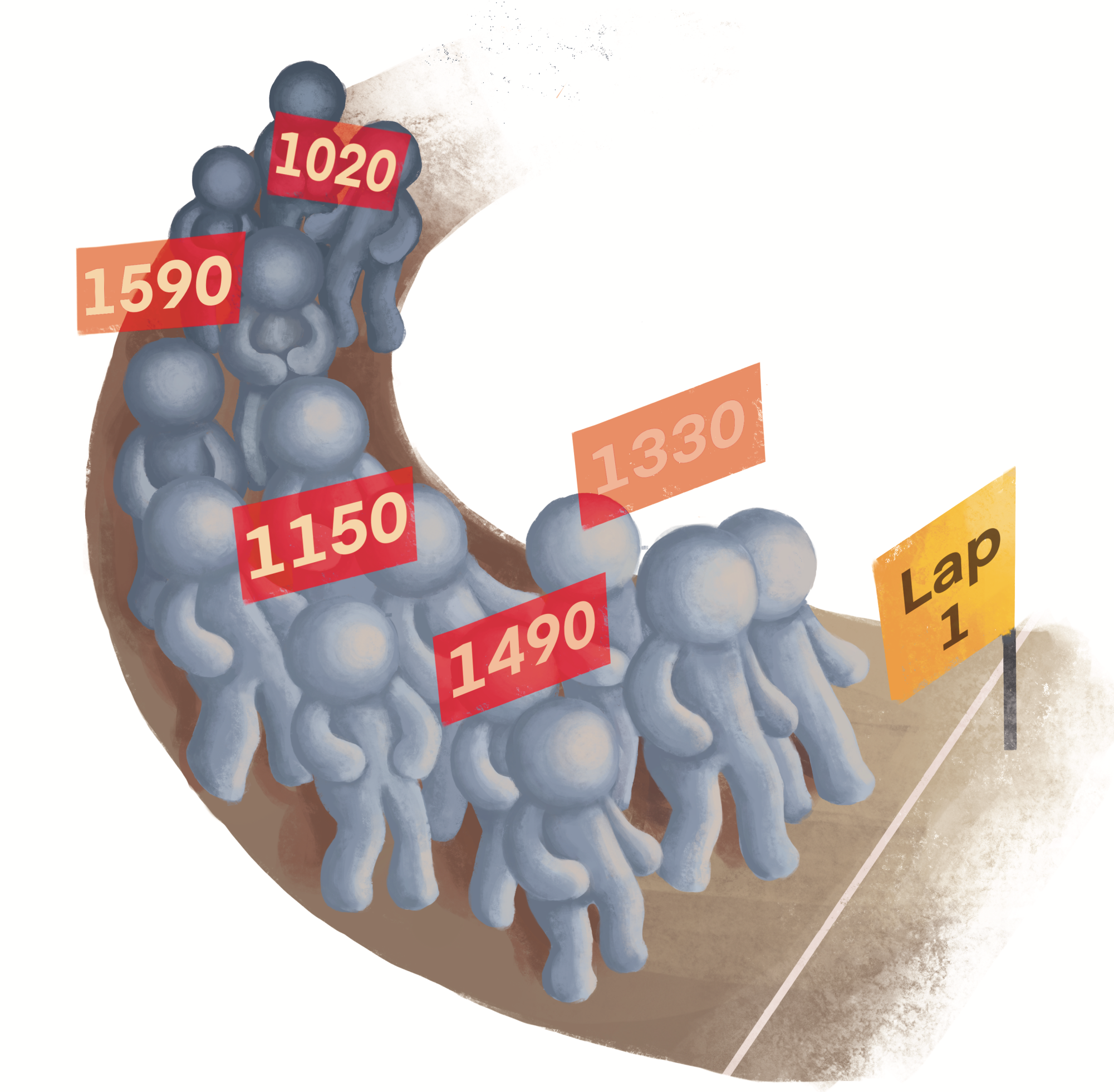Citing the goal of increasing diversity among applicants and the desire for a more holistic evaluation process, Brown University, Dartmouth College and Yale University announced last month they would return to a policy of requiring applicants to submit standardized test scores as part of the admissions process starting with the 2024-25 school year.
The Campanile applauds this decision as an important step toward identifying and encouraging students from low-income backgrounds to apply to elite schools and expanding equity in higher education.
According to Paly’s school profile from the 2022-2023 academic year, the average SAT score of a Paly student is 1384 — a score placing us at the 93rd percentile and far exceeding the national reported average of 999.
So we recognize privileged students like us have more opportunities available to help us score higher on standardized tests, and we recognize that being from a wealthy area our perspectives and experiences are vastly different from other students.
If the goal of higher education is to level the playing field for students from disadvantaged backgrounds, then colleges should look to recent research indicating test scores are the best indicator of a student’s potential, even when controlling for factors like wealth.
According to a study from the Association for Psychological Science, test scores carry the highest predictive power for college success, and two students from different socioeconomic backgrounds who have similar SAT scores are predicted to perform with the same amount of success in college.
For under-resourced students who lack access to expensive test prep like private tutoring or summer classes, online organizations such as Kaplan Test Prep, The Princeton Review, and Prepscholar offer free prep courses, practice tests and study guides.
According to a study conducted by Khan Academy, utilizing the educational organization’s free SAT prep course for six hours is associated with a 90-point average score increase and preparing through the course for 20 hours is associated with a 115-point average score increase.
The Campanile believes evaluating students’ potential through their test scores is more fair and objective compared to nonacademic factors such as essays and extracurricular achievement, the latter of which can be significantly more favorable for more privileged students.
According to the US Census Bureau, even short-term periods of poverty can result in significantly lower rates of extracurricular participation, and being able to participate in after-school activities is a luxury that requires having financial means and a supportive family structure.
In addition, a study conducted by Stanford’s Center for Education Policy Analysis found a stronger correlation between household income and the quality of college essays than household income and SAT scores.
Thus, placing more weight on nonacademic factors in the admissions room can make it more difficult for low-income students to demonstrate their strength as applicants, ultimately hurting the same population we are trying to help.
When building a college class, the admissions process should be designed to scout for promising and high-achieving students from a variety of racial, ethnic and socioeconomic backgrounds.
In accordance with recent studies and with the goal in mind of increasing opportunities in education, The Campanile believes requiring students to submit their standardized test scores is a good step in that direction.


